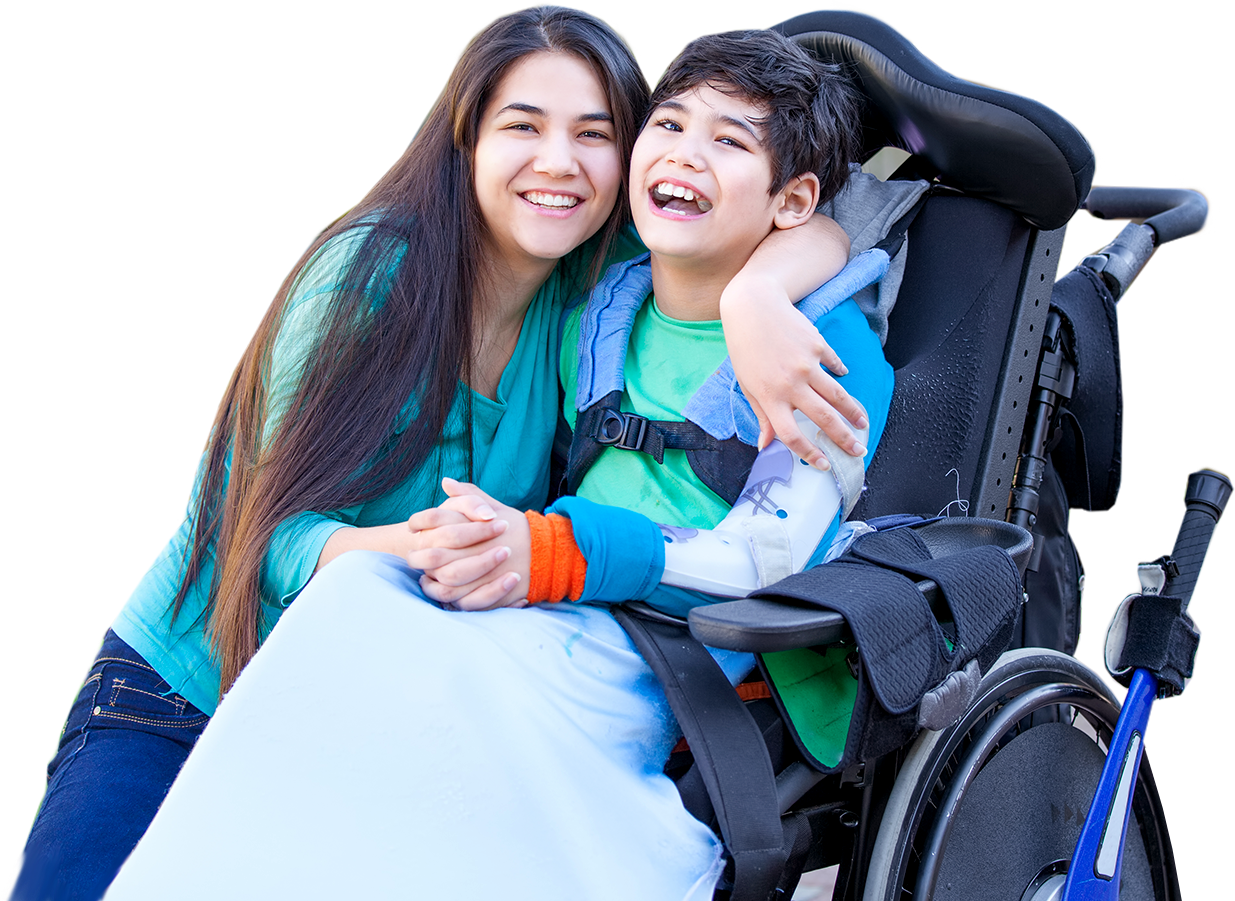Patient Care
how to better care for your child

- Alternative
- Assistive Technology
- Associated Conditions
- Birth Injury
- Causes of Cerebral Palsy
- Cerebral Palsy Diagnosis
- Cerebral Palsy Information
- Cerebral Palsy Therapies
- Cerebral Palsy Treatments
- Child Development
- Doctor Visits
- Education
- Equipment
- Featured
- Legal Help
- Medical Research
- News
- Patient Care
- Prenatal Care and Childbirth
- Stories
- Tips for Parents
- Types of Cerebral Palsy
- Updates
Posts in 'Patient Care'
How Will Tendon Release and Muscle Lengthening Surgery Help Cerebral Palsy?
Muscle lengthening and tendon releasing are types of orthopedic procedures designed to improve mobility in people with cerebral palsy. These procedures may improve your child’s fine motor skills, ability to walk and sit upright and move more independently in general. How Does Tendon Release and Muscle Lengthening Work? Children and adults may experience muscle and... Read More
Is Massage Therapy a Good Treatment for Cerebral Palsy?
If your child or loved one has been diagnosed with cerebral palsy (CP), then you’re probably already working with your doctors to find the best and most appropriate treatments. In addition to the medical and/or surgical treatment your child is receiving, you may have considered alternative or complementary treatments. Massage therapy for cerebral palsy is... Read More
Exploring the Effects of Yoga on Cerebral Palsy
Yoga is a form of exercise that combines stretching, bending, breathing, and meditation to help participants maintain good health, manage stress, and improve everyday body movements. Significant research suggests that yoga may help make the body stronger and supports incorporating even low-impact versions of the practice for many conditions. Even gentle yoga may help many... Read More
The Problem With Delayed Cord Clamping During C-Sections
There are a variety of medical interventions and practices that are often involved in the labor and delivery process, such as epidurals and emergency cesarean sections. Another practice is delayed cord clamping. Many hospitals in the United States practice early clamping, where the baby’s umbilical cord is cut immediately. However, delayed cord clamping is becoming... Read More
Constipation and Cerebral Palsy
Some children with cerebral palsy are susceptible to an array of digestive problems, one of which is constipation. Constipation is a relatively common symptom of the condition. It may be a minor ailment that goes away on its own, or it could develop into a chronic health issue. It’s important for parents and caregivers of... Read More
Back Arching and Cerebral Palsy
When a baby or child is crying, they often engage in other physical behaviors that indicate their frustration with a situation. While back arching can indicate minor physical pain or distress, it can also indicate a more serious medical condition. If your child is arching their back while crying severely and cannot be consoled, they... Read More
What Is the Average Life Expectancy for Children With Cerebral Palsy?
Families with children suffering cerebral palsy often wonder, “How long do people with cerebral palsy live?” Most children with cerebral palsy can have a long, productive life with the right care and treatment. This, of course, means they may need more medications, therapies, and medical interventions than children without it. For kids with cerebral palsy,... Read More
The Importance of Speech Therapy for Cerebral Palsy
Many children with cerebral palsy experience some level of challenge with speech. Their challenges could be due to cognitive delays and learning disorders or might be the result of damage to the area of the brain that facilitates speech. Augmentative communication devices have opened doors and given new lives to many individuals, providing a means... Read More
Cerebral Palsy Nutrition Guide
All children need a nutritious and balanced diet for healthy development. But children with cerebral palsy have certain physical challenges and potential nutritional deficiencies that make it crucial to carefully monitor and plan their daily diet. For those reasons, nutrition therapy is often an integral part of caring for a child with CP. Do Children... Read More
Cerebral Palsy and Dental Care
Cerebral palsy doesn’t cause oral abnormalities on its own, but children with cerebral palsy can be more susceptible to oral hygiene conditions and complications than the general population. Cerebral palsy dental care is an important part of managing your child’s life. With routine dental checkups and regularly practiced oral care at home, your child can... Read More
